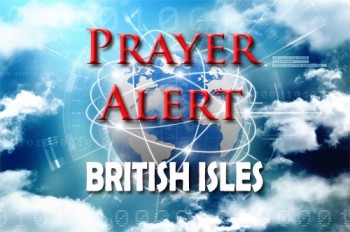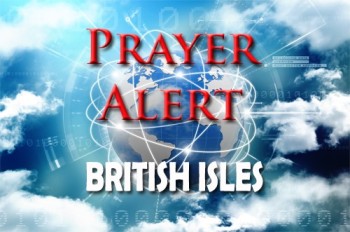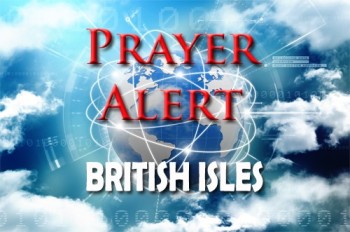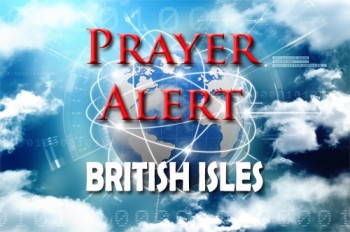Colombia: reversing the migration trend
In the coastal town of Necocli, migrant families are now returning south after failed attempts to enter the USA, marking a reversal of a once-dominant northward migration trend. Harsh immigration policies under Donald Trump, including the withdrawal of the asylum app and increased military presence along the border, have left many stranded in Mexico or deterred from even attempting the journey. Some, like Luis Angel Yagua Parra, braved the deadly Darién Gap only to be forced back. Others, including a Venezuelan couple whose child was born in the USA, have left voluntarily, fearing deportation. Aid workers in Necoclí report a growing daily influx of returnees, but dwindling foreign support has led to closures of humanitarian organisations. Pastor Jose Mendoza’s food hall, struggling to meet rising needs, might have to close due to a lack of funding. For families like Marisela Bellorin’s, who have been homeless for months, survival is precarious. As the ‘American dream’ fades, many migrants are choosing new destinations such as Chile, in search of safety and stability.
Hong Kong: last pro-democracy group decides to disband
The League of Social Democrats, Hong Kong’s last active pro-democracy street protest group, has announced its disbandment due to mounting political pressure. Formed in 2006, the party was known for bold, confrontational tactics and a strong stance on civil liberties and social justice. Despite dwindling influence and the loss of all legislative seats, it had continued public advocacy, even after arrests and convictions of key members. Its chairperson, Chan Po-ying, cited safety concerns for members as a key factor in the decision. The move follows years of intense suppression of dissent under Beijing’s national security law, which has led to the closure of civil society groups, independent media, and protests once common. Chan declared the ‘one country, two systems’ principle dead and expressed sorrow, yet resolve: ‘Be like a flying spark... keeping that light alive.’ She said she doesn’t believe that democracy will come in the near future.
Zimbabwe: new IOC president faces high expectations and big challenges
Olympic swimming champion Kirsty Coventry has been inaugurated as the tenth president of the International Olympic Committee (IOC), becoming the first woman, first African, and youngest person to hold the role. Her appointment has ignited pride in Zimbabwe and hope for broader global inclusion, particularly for Africa and the Middle East. Coventry has described the Olympics as a platform for inspiration and hope, while also vowing to lead on complex issues. One pressing concern is what to do about transgender athletes, especially after recent controversies. She has pledged to create a taskforce involving scientists and federations to revisit gender eligibility policies, prioritising fairness in the female category. Coventry’s first major decision was to pause the 2036 Games bidding process, signaling a desire for transparency and reform. Yet she faces challenges ahead, including rising global tensions and pressure to ensure the Olympic movement remains politically neutral while promoting unity. Her leadership will be tested by both internal reform and external geopolitical strife.
Peace index lists Ukraine, Russia last: see who is first
The 2025 Global Peace Index (GPI), published by Australia’s Institute of Economics and Peace, has ranked Iceland as the world’s most peaceful nation, while Russia and Ukraine occupy the lowest positions due to ongoing conflict. Assessing 163 countries using indicators such as societal safety, security, and militarisation, the report reveals global peacefulness has declined for the sixth consecutive year, falling by an average of 0.36%. The USA ranks 128th, trailing nations like Bangladesh and Honduras, and both it and Israel placed lowest in the militarisation domain. The report highlights growing geopolitical tensions, the breakdown of traditional alliances, and a record 59 active state-based conflicts - the most since World War II. Nonetheless, some positive trends emerged, including declining homicide rates and fewer violent demonstrations in parts of Central and North America. The rankings signal widespread concern for peace and security worldwide.











